You’ve probably heard of blockchain technology if you’re involved in the education industry. Blockchain is a decentralized digital ledger used to record transactions securely and permanently. It was initially created for the cryptocurrency Bitcoin, but its potential applications extend far beyond that. In recent years, blockchain has been gaining traction in the edtech industry, with many experts predicting that it will revolutionize how we think about education.
One of the most exciting applications of blockchain in edtech is its potential to transform how we store and verify educational credentials. Traditionally, academic records have been held on centralized databases vulnerable to tampering and hacking. With blockchain, documents can be stored on a tamper-proof decentralized ledger and virtually impossible to hack. This means that students can have complete control over their academic records, and employers can be confident that the credentials they receive are genuine.
Another area where blockchain is making waves in edtech is in the realm of digital identity. With the rise of online learning, having a secure and reliable way of verifying students’ identities has become increasingly important. Blockchain technology can create a decentralized digital identity system that is secure, transparent, and easy to use. This could have far-reaching implications for the future of online learning, making it easier and safer for students to access educational resources from anywhere in the world.
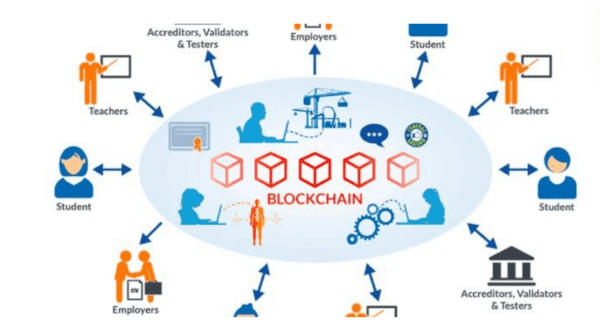
Blockchain Fundamentals in EdTech
Understanding Blockchain Technology
Blockchain technology is a distributed ledger technology that is decentralized and immutable. It is a secure way of storing data resistant to tampering and hacking. In a blockchain, data is stored in blocks linked together in a chain. Each block contains a set of transactions, and once a block is added to the chain, it cannot be altered or deleted. This makes the blockchain technology ideal for storing sensitive data such as educational records and certificates.
Benefits of Blockchain in Education
Blockchain technology has the potential to revolutionize the education sector in many ways. Here are some of the benefits of using blockchain technology in education:
- Transparency: Blockchain technology provides a transparent and secure way of storing and sharing data. This means that educational records and certificates can be easily verified, and there is no need for intermediaries such as third-party verification services.
- Security: Blockchain technology is highly secure and resistant to tampering and hacking. This means educational records and certificates stored on a blockchain are safe from fraud and manipulation.
- Accountability: Blockchain technology provides an immutable record of transactions. This means that educational institutions can be held accountable for the accuracy and authenticity of the records they store on a blockchain.
- Innovation: Blockchain technology is a new and innovative way of storing and sharing data. Using blockchain technology, educational institutions can stay ahead of the curve and embrace new and emerging technologies.
- Efficiency: Blockchain technology provides a fast and efficient way of storing and sharing data. This means that educational records and certificates can be easily accessed and shared, reducing the time and effort required to verify academic credentials.
In conclusion, blockchain technology has the potential to revolutionize the education sector by providing a secure, transparent, and efficient way of storing and sharing data. By embracing blockchain technology, educational institutions can stay ahead of the curve and offer their students the best possible education.
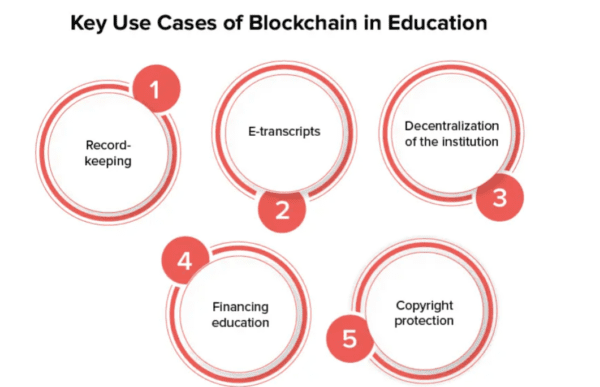
Blockchain Applications in Education
Blockchain technology has rapidly gained popularity in various industries, and education is no exception. With its immutable ledger, smart contracts, and tokenization capabilities, blockchain has the potential to revolutionize the education sector. This section will explore some of the blockchain applications in education.
Secure Academic Records
One of the most promising applications of blockchain in education is the creation of tamper-proof academic records. Blockchain-based academic documents, such as transcripts, diplomas, and degrees, can be stored on a decentralized ledger, making them immutable and secure. Educational records cannot be altered or deleted, ensuring their authenticity and integrity. Blockchain-based academic records can also be easily verified, eliminating the need for expensive and time-consuming manual verification processes.
Credential Verification
Another application of blockchain in education is the verification of credentials. Blockchain-based platforms like Blockcerts can issue and verify digital credentials, such as certifications and degrees. These digital credentials can be stored on a decentralized ledger, making them easily accessible and verifiable. This eliminates the need for third-party verification services, making verifying credentials faster, cheaper, and more secure.
Streamlining Administrative Processes
Blockchain can also be used to streamline administrative processes in education. For example, blockchain-based platforms can automate fee payments, reducing the administrative burden on educational institutions. Intelligent contracts can execute payment transactions automatically, eliminating manual intervention. Blockchain can also track ownership of educational resources, such as textbooks, ensuring they are not lost or stolen.
In conclusion, blockchain has the potential to revolutionize the education sector by providing secure academic records and credential verification and streamlining administrative processes. Blockchain-based applications in education can provide benefits such as cost reduction, increased efficiency, and enhanced security. With the increasing adoption of blockchain technology, it is only a matter of time before we see widespread implementation of blockchain-based solutions in education.
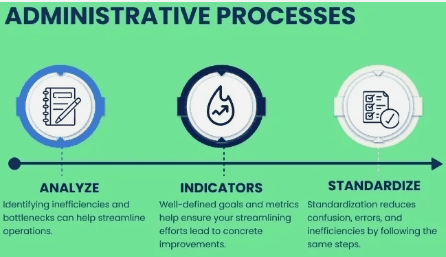
Blockchain in Classroom Learning
Blockchain technology can potentially revolutionize how students learn in the classroom. By leveraging the decentralized nature of blockchain, educators can create a more secure and transparent learning environment where students can take control of their learning.
Enhancing Course Delivery
One way blockchain can enhance course delivery is by allowing more personalized learning experiences. Using blockchain-based learning machines, teachers can create customized learning paths for each student based on their needs and preferences. This can help students learn at their own pace and in the most effective way.
Blockchain can also help facilitate peer-to-peer learning by allowing students to share resources and collaborate on assignments securely and transparently. This can help foster a sense of community and encourage students to take ownership of their learning.
Student-Centric Learning
Blockchain can also help create a more student-centric learning environment by giving students more control over their learning. Students can track their progress and achievements throughout their academic careers using blockchain-based credentials. This can help students take ownership of their knowledge and make more informed educational decisions.
Furthermore, blockchain can help create a more equitable learning environment by providing universal access to open educational resources. By using blockchain-based tokens, educators can reward students for contributing to creating and distributing educational resources. This can help incentivize students to participate in lifelong learning and contribute to the global knowledge base.
Blockchain can create a more secure, transparent, and student-centric learning environment. By leveraging the power of blockchain, educators can create a more personalized and equitable learning experience for all students.
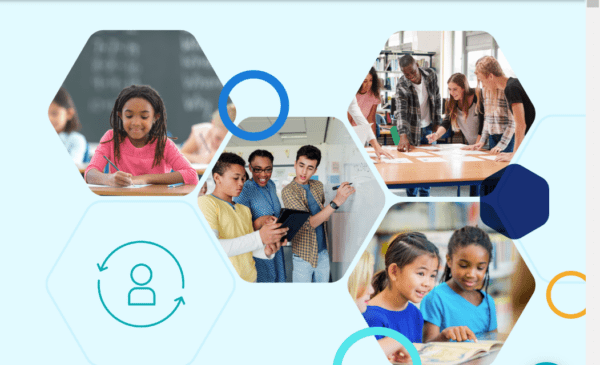
Challenges and Considerations
Adoption Hurdles
Adopting blockchain technology in edtech comes with its own set of challenges. One of the biggest hurdles is the lack of expertise among educators and administrators. According to a Forbes article, “many educators and administrators are unfamiliar with blockchain technology and its potential applications in education.” This lack of knowledge and expertise can make integrating blockchain technology into existing systems and processes difficult.
Another challenge of blockchain adoption in edtech is the cost. Implementing blockchain technology can be expensive, and schools and higher education institutions may not have the resources to invest in the necessary infrastructure and training. Additionally, the technology is still relatively new, and many established best practices for implementation and management are not yet.
Technological and Ethical Issues
Along with adoption hurdles, technological and ethical issues must be considered when implementing blockchain in edtech. One of the biggest concerns is security and privacy. While blockchain is often touted as a secure and transparent technology, there are still risks associated with data breaches and hacking. Schools and higher education institutions must ensure that student and faculty data is protected and secure.
Another ethical issue to consider is the potential for blockchain to perpetuate existing biases and inequalities. As noted in a Springer article, “the use of blockchain technology in education may perpetuate existing biases and inequalities, particularly if the data used to inform algorithms is biased or incomplete.” It is essential to consider how blockchain technology can promote equity and inclusion rather than perpetuating existing disparities.
In summary, while blockchain technology has the potential to revolutionize edtech, there are still challenges and considerations to keep in mind. Adoption hurdles such as lack of expertise and cost must be addressed, and technological and ethical issues such as security and privacy and potential biases must be carefully considered.
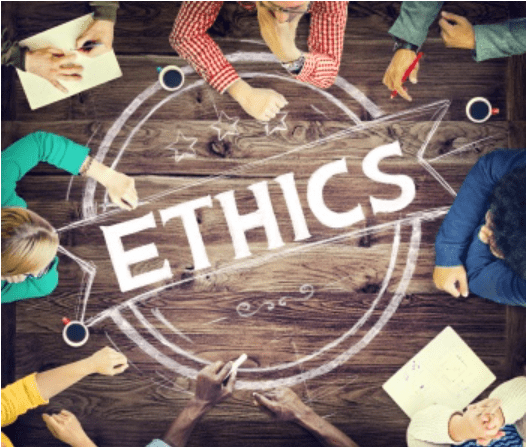
The Future of Blockchain in EdTech
Blockchain technology has disrupted various industries, and education is no exception. The concept of decentralization and collaboration that blockchain brings can revolutionize how we approach education. This section will discuss the innovative trends and research in blockchain-based edtech and its potential for global education impact.
Innovative Trends and Research
Blockchain-based edtech is still in its early stages, but some innovative trends and research are already being conducted. For example, the American Council on Education is exploring using blockchain to create a more secure and efficient way of verifying student credentials. This can help eliminate fraud and make hiring easier for employers.
Another trend is the use of blockchain in creating decentralized learning platforms. These platforms allow for peer-to-peer learning, where students can collaborate and learn from their peers. This can help to create a more engaging and personalized learning experience for students.
Potential for Global Education Impact
The potential for blockchain-based edtech to have a global education impact is immense. By creating decentralized learning platforms, students worldwide can collaborate and learn from each other. This can help to break down barriers and create a more inclusive learning environment.
Using blockchain to verify student credentials can also help create a more transparent and efficient education system. This can be incredibly impactful in developing countries lacking trust in traditional education systems.
In conclusion, blockchain-based edtech can potentially revolutionize how we approach education. Blockchain can create a more efficient, transparent, and collaborative education system through innovative trends, research, and its potential for global education impact.
